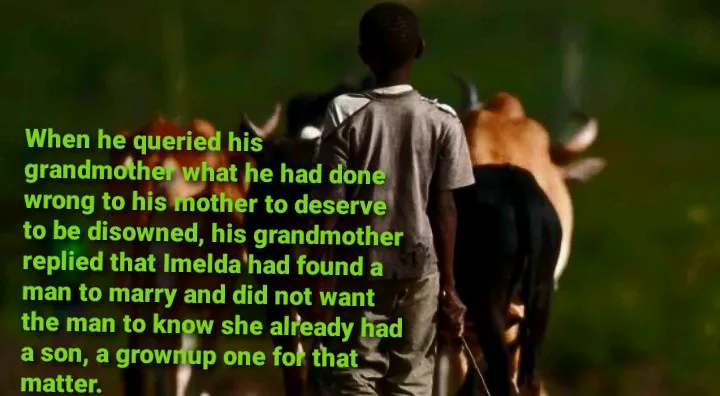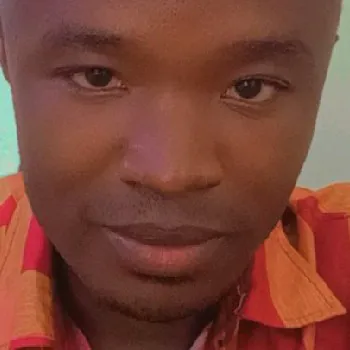Citizens Never Die (Part 1: Disowned Herdsboy)
Odongo stood up and looked into the distance out of enthusiasm. He caught a glimpse of a handful of students toddling along the path cheerfully from school. And further into the distance, he saw the sun bowing gracefully, its golden flickers filling up the place, as it sank into the occident. Its setting warmed the cockles of his heart. It was like witnessing the meek departure of an ugly powerful long-clawed goblin, one that had roamed the earth and scorched the poor with an unimaginable heat.
The day had been long and the grazing fields dusty and torrid. It had not rained for a whole month and yet still, there was no sign of rain coming forth. He gazed at the scrawny cows and sympathised with them. They were starving. There was no grass and there was nothing he could do about it, except to wait and hope with all manner of hope that the rains would miraculously come and wet the rugged ground for grass to grow. He remained staring at a cow that kept scraping a dry sward close to him, his mind moving miles away.
It would soon be thick dark and, deep in the night, he would lie down a bit to recall his troubles and to put his mind together for a new dawn. As always, he would open the kitchen window and look out into the sky, to see the moon rising up tenderly and covering the face of the earth. Just like morning dew gives hope to a browsed meadow, the moon would revive his optimism – a hope now fettered all about with adversities.
These adversities were grinding down his heart. Even to just imagine that he could not proceed with his education brought tears cascading his cheeks. Not that he had no parents or any close relative to take care of his schooling. His mother was a cateress at a renowned university in the country and his father was still unknown to him. But he lived with his mother’s sister, Min Pilot, back in the boondocks where the screech of a car was an ambush to little children and the squall of an aeroplane the sound produced by the spirits of their ancestors touring the earth.
He remembered how it all started that he finally landed at Min Pilot's. He had grown up at his grandmother’s place, knowing his grandmother and inaccessible mother as his only guardians. His mother, Imelda, who had parted ways with him when he was still five, was then...
The day had been long and the grazing fields dusty and torrid. It had not rained for a whole month and yet still, there was no sign of rain coming forth. He gazed at the scrawny cows and sympathised with them. They were starving. There was no grass and there was nothing he could do about it, except to wait and hope with all manner of hope that the rains would miraculously come and wet the rugged ground for grass to grow. He remained staring at a cow that kept scraping a dry sward close to him, his mind moving miles away.
It would soon be thick dark and, deep in the night, he would lie down a bit to recall his troubles and to put his mind together for a new dawn. As always, he would open the kitchen window and look out into the sky, to see the moon rising up tenderly and covering the face of the earth. Just like morning dew gives hope to a browsed meadow, the moon would revive his optimism – a hope now fettered all about with adversities.
These adversities were grinding down his heart. Even to just imagine that he could not proceed with his education brought tears cascading his cheeks. Not that he had no parents or any close relative to take care of his schooling. His mother was a cateress at a renowned university in the country and his father was still unknown to him. But he lived with his mother’s sister, Min Pilot, back in the boondocks where the screech of a car was an ambush to little children and the squall of an aeroplane the sound produced by the spirits of their ancestors touring the earth.
He remembered how it all started that he finally landed at Min Pilot's. He had grown up at his grandmother’s place, knowing his grandmother and inaccessible mother as his only guardians. His mother, Imelda, who had parted ways with him when he was still five, was then...




